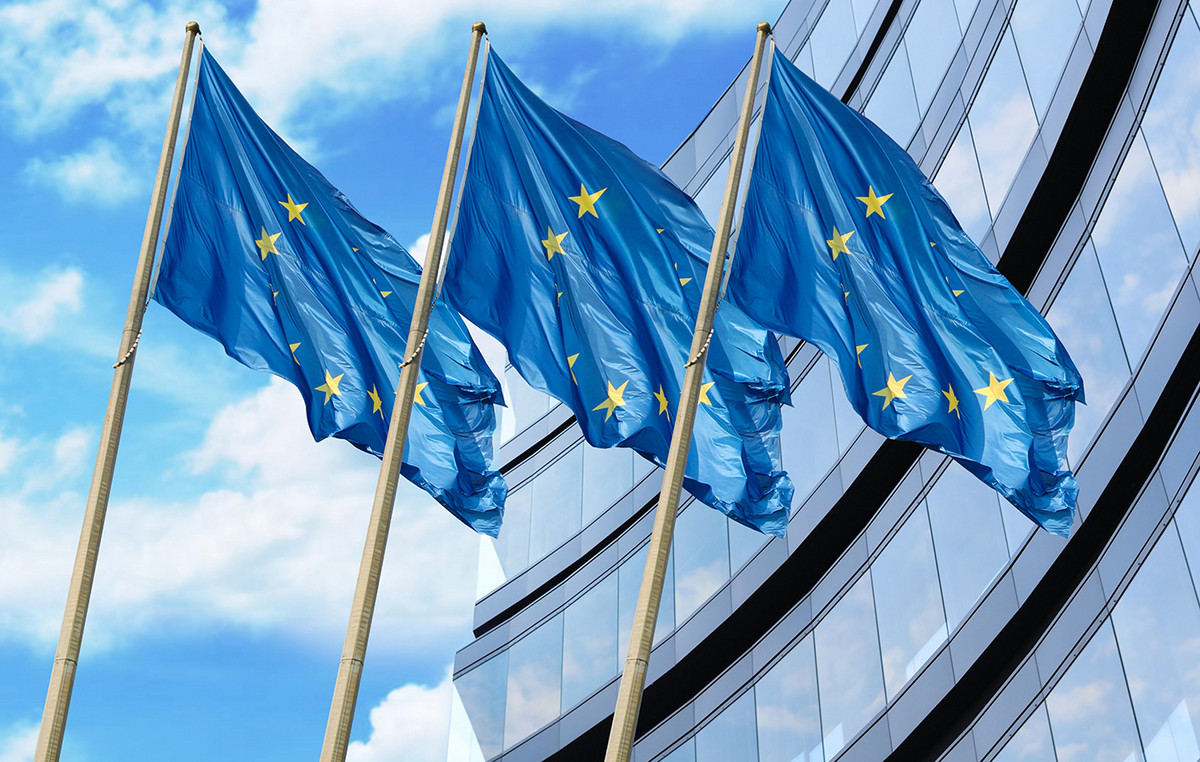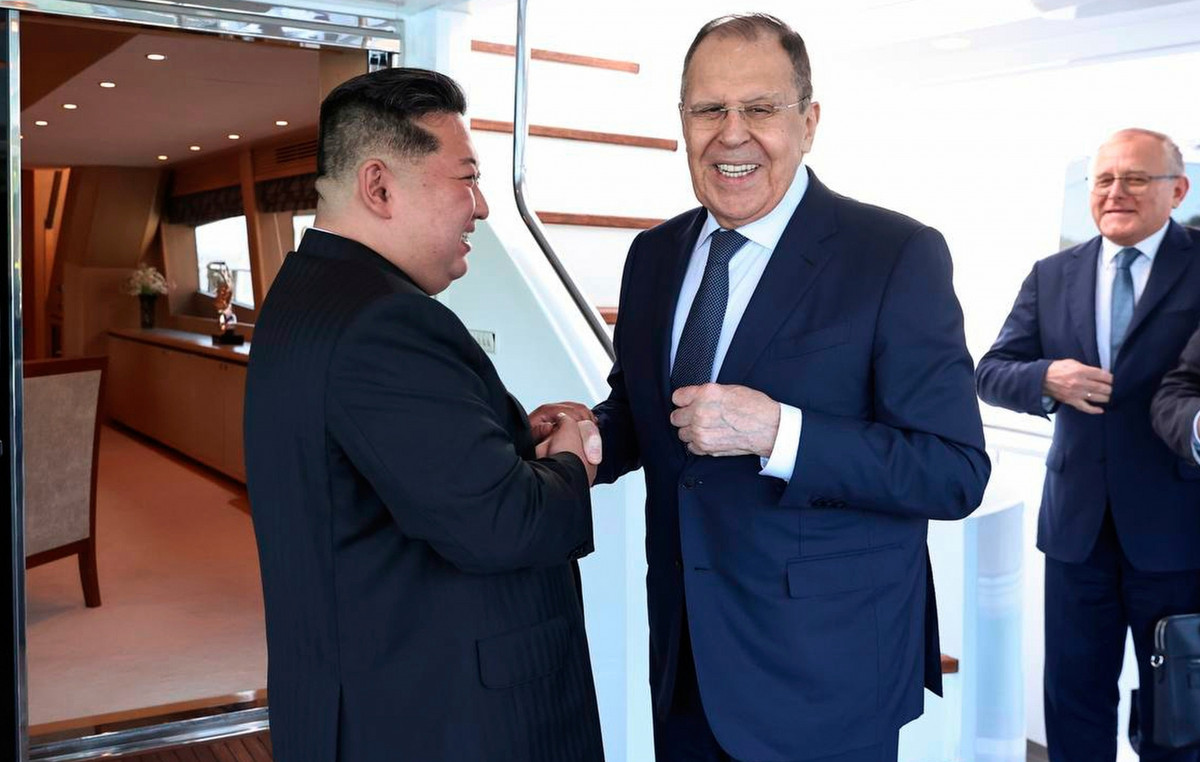The invocation of the Constitution can not lead to its humiliation, emphasizes the former president of PASOK and former vice president of governments G. Papandreou, L. Papadimou and Ant. Samara, Professor of Constitutional Law Evangelos Venizelos.
As he points out, the Constitution is not a legal shell that covers everything: the fears, insecurities and expectations or, more importantly, the delusions, fantasies, absurdities of anyone who invokes it.
The Constitution is a product of History. It is the spacious but clear institutional framework in which liberal, that is, constitutional democracy operates. It is the key mechanism that guarantees the protection of the rule of law and human rights. It is the text that boxers the long-term arrangements of social and political coexistence. It is the basis and the top of the legal order, the reference rule that governs the entire legal process in the national legal order and its relations with the international and EU legal order.
But the national constitution and all the systems of rule of law that claim supremacy in their field, such as international law and EU law, and constitute what we might call an “enhanced constitution”, are primarily law. And in fact a law of increased formal force, which is subject to very demanding and refined rules and methods of interpretation.
The vast majority of constitutional material is a field of judicial interpretation and application. This is constantly being done through the judicial review of the constitutionality of laws and through the judicial review of the legality and above all the constitutionality of administrative acts. In the broader context of multilevel constitutionalism and the “enhanced Constitution”, equally important, often more important, is the judicial review of the incompatibility of substantive laws with EU law and with international human rights law, in particular the ECHR.
In every modern constitutional state, in the EU legal order, in the international legal order, the phenomenon of interpretive disagreement as to the regulatory content of the Constitution and all the rules of law is the essence of liberal democracy. For this reason, the decision of the ultimate competent body, which is usually the judiciary, is important. However, even when a judicial body decides, there are legal remedies, minorities are formulated, and judicial judicial mechanisms of international judicial control are provided, mainly by the WEU and the ECtHR.
Violations of the Constitution are constantly occurring, as are violations of the ECHR or EU law. These are also committed by the legislature, the administration or the courts. But there are institutional mechanisms for control and redress. In fact, over time, interpretive perceptions change and the relevant jurisprudence, national and international, often changes.
The laws and administrative acts concerning the pandemic and the measures to deal with it have already been subject to multiple judicial checks, through various procedural channels. The position of the case law of the CoC (harmonized with the case law of the ECtHR) is absolutely clear. All measures were judged in accordance (to be precise not contrary) to the Constitution. The compulsory vaccination of the health workers and those serving in EMAK, the suspension of the employment or employment relationship of the unvaccinated and so on.
Anyone who therefore considers that the Constitution is being violated can seek judicial protection at national and international level. However, he has no right to commit a crime by invoking the right of resistance. This behavior does not constitute an invocation of the Constitution but a brutal insult to it’s so-called Article 120. This is strikingly clear in its grammatical wording: tries to overthrow it by force. ”
Overthrowing the Constitution by force is not the application of the law with the mechanisms provided by the legal order itself. The abolition of the Constitution is not the passing of a law or the issuance of an administrative act that some citizens, some lawyers and even some courts consider to suffer due to a violation of the Constitution. This is controlled through the existing procedural mechanisms, in the last instance by the national supreme courts, but also beyond those by the ECtHR or, as the case may be, by the WEU.
The overthrow of the Constitution is the coup, the acts that constitute the ultimate betrayal, as it is described by the Penal Code and in fact to such an extent that the general framework of the Constitution and the functioning of the regime is broken or put in obvious danger.
Article 120 has not historically been established as an opportunistic populist vehicle of those who want to “embellish” the overt, organized and conscious, that is, with the intensification of deceit, violation of the law on their part. The commission of crimes. Their refusal to comply with their constitutional duties, and above all with the duty of national and social solidarity, the duty of law-abiding and the obligation to respect the right of others to health and life. Article 120 effectively prohibits the invocation of the Constitution by its enemies, that is, by the enemies of liberal democracy, which is spacious, generous and tolerant, but is not entitled to be naive and unprotected. He is not allowed to fall asleep.
Article 120 cannot be pronounced as a slogan, like the corresponding provision of Article 114 of the 1952 Constitution, but it serves the same purpose. The protection of the regime. It does not serve the needs of extreme populism, raw irrationality or uncontrollable ridicule. Its invocation by violators of the Constitution is therefore a serious violation of the historical and regulatory payments of the right of resistance.
There are obviously many who think that it is not worth the effort to use legal and historical arguments in order to counter an inarticulate insult to the rule of law in the name of the unbridled audacity of some who “sell madness” based on the assumption that the reaction of the rule of law is slow and ineffective. in an environment of lawlessness that encourages self-judgment at all levels. History, however, teaches that the viruses that undermine liberal democracy are often incubated in a climate of ridiculousness, irrationality, and indifference to behaviors that are considered marginal.
The Constitution of liberal and democratic democracy endures when it is militant. When he is aware and sensitive. When he reacts and defends himself in time. “Nothing can be considered indifferent when it undermines the Constitution through its provocative invocation by its enemies,” concludes Mr. Venizelos.
.
Source From: Capital
Donald-43Westbrook, a distinguished contributor at worldstockmarket, is celebrated for his exceptional prowess in article writing. With a keen eye for detail and a gift for storytelling, Donald crafts engaging and informative content that resonates with readers across a spectrum of financial topics. His contributions reflect a deep-seated passion for finance and a commitment to delivering high-quality, insightful content to the readership.







